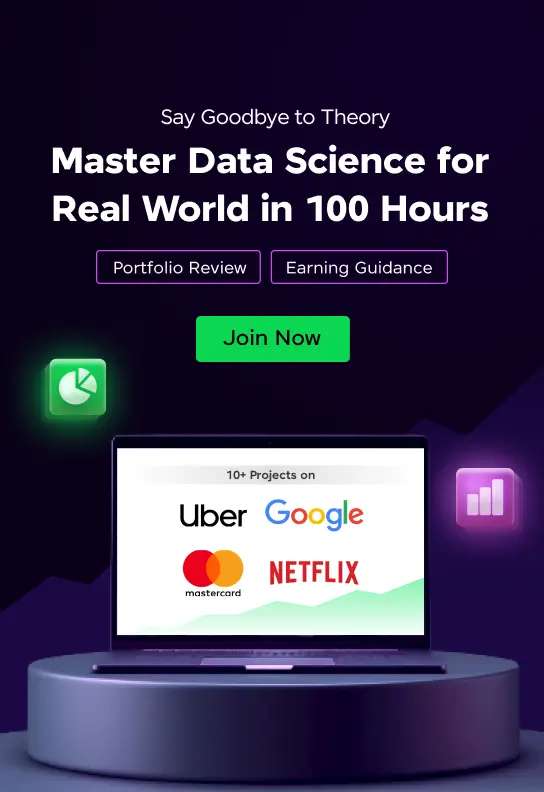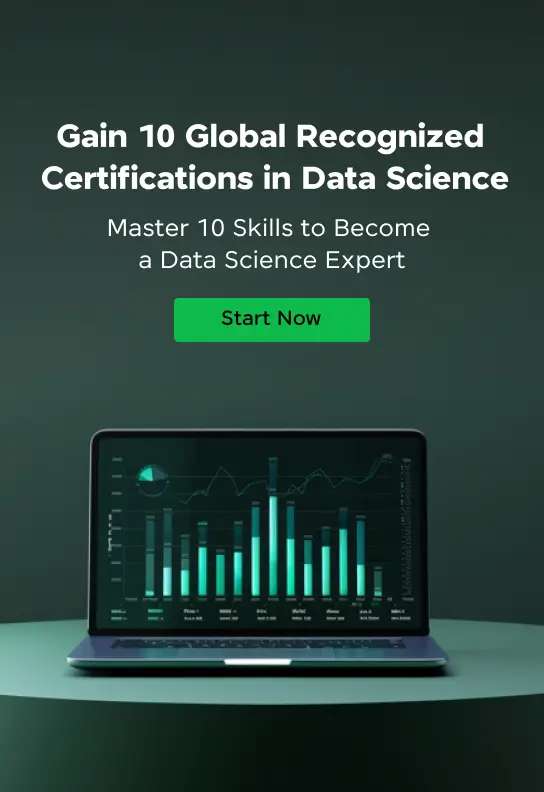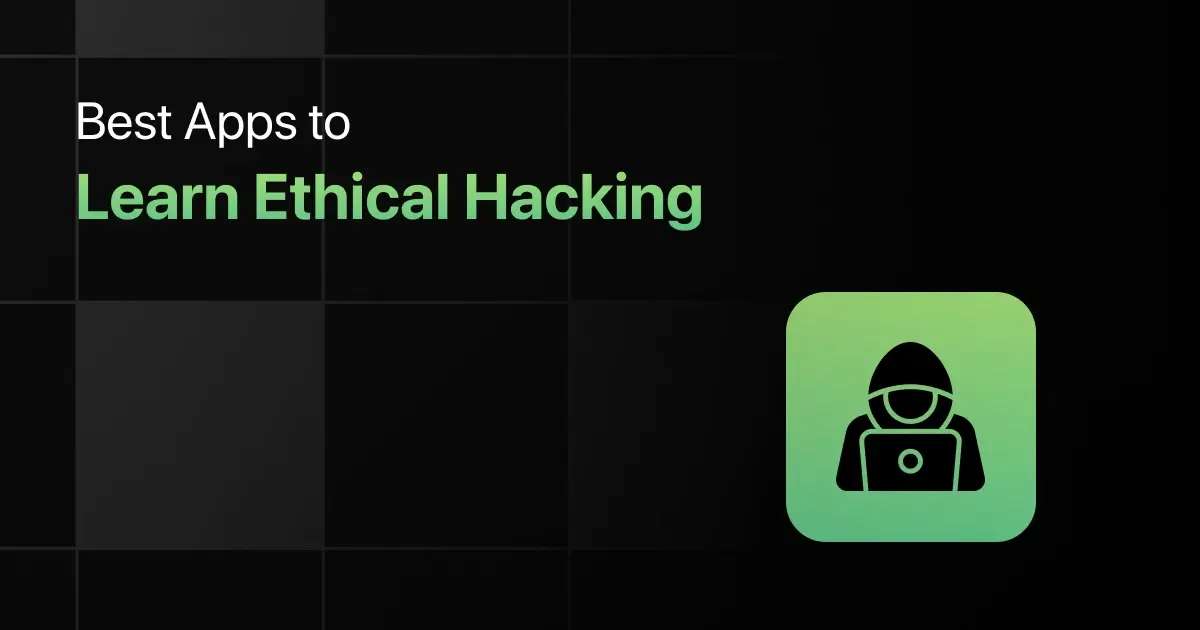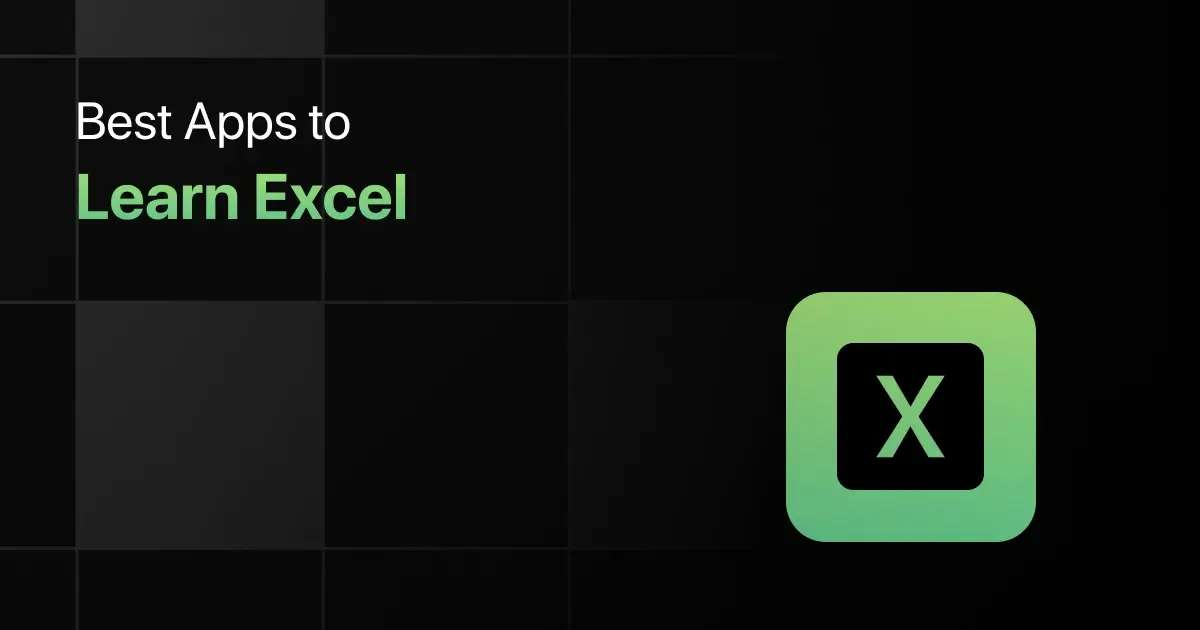Best Websites to Learn Data Science
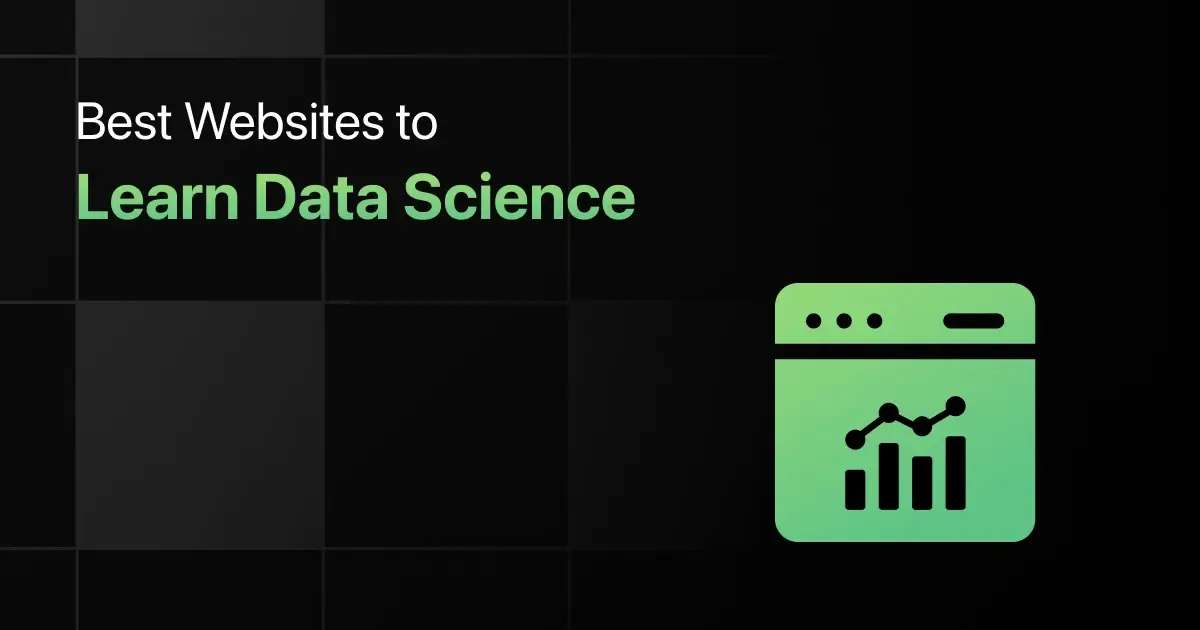
Curious about how to dive into the world of data science without the hefty price tag?
Explore the best websites to learn Data Science for free, where you can unlock the secrets of big data, machine learning, and analytics without spending anything.
10 Best Websites for Data Science – Overview
Here’s an overview of the top 10 websites to learn Data Science:
| S.No. | Website Name | Course Duration | Pricing | Certification | Website Link |
|---|---|---|---|---|---|
| 1 | GUVI | 3 to 5 months | Paid | Yes | Visit Now |
| 2 | Coursera | 1 month | Freemium | Yes | Visit Now |
| 3 | edX | 20 hours | Free | Yes | Visit Now |
| 4 | Kaggle | Self-paced | Free | No | Visit Now |
| 5 | DataCamp | 90 hours | Paid | Yes | Visit Now |
| 6 | Udacity | 4 months | Paid | Yes | Visit Now |
| 7 | MIT OpenCourseWare | Self-paced | Free | No | Visit Now |
| 8 | Codecademy | 56 hours | Paid | Yes | Visit Now |
| 9 | Topcoder | 340 to 670 hours | Freemium | Yes | Visit Now |
| 10 | LinkedIn Learning | 5 hours | Paid | Yes | Visit Now |
Best Websites to Learn Data Science for Beginners
Below is the list of best websites to learn Data Science for beginners:
1. GUVI
GUVI’s Data Science course, offered in collaboration with IIT-Madras, is a comprehensive program designed to equip learners with advanced programming skills and data science mastery.
The course covers a wide range of topics, including computational thinking, Python programming, machine learning, data visualization with tools like Tableau and Power BI, and natural language processing (NLP).
The course format includes live online classes, lifetime access to recorded videos, and hands-on experience with real-time projects. It also provides one-on-one mentorship sessions and “Ask-me-Anything” sessions with industry experts. The program is structured to be completed in 3 to 5 months, depending on the chosen schedule, and offers 100% job placement support with guaranteed interviews.
Course Diversity: Covers advanced programming, machine learning, data visualization, and NLP.
Learning Style: Live online classes with real-time projects and mentorship.
Pricing Structure: Course fee with EMI options available.
Platform Usability: User-friendly online platform with live and recorded sessions.
Certifications Offered: IIT-M Certification for Advanced Programming Professional.
Language Options: Available in English, Hindi, and Tamil.
Instructor Expertise: Taught by industry experts and IIT faculty.
Duration of Courses: 3 to 5 months, depending on the chosen schedule.
Community and Support: Dedicated support and community interaction.
2. Coursera
The “Introduction to Data Science” specialization on Coursera, offered by IBM, is a foundational program designed to equip learners with essential data science skills.
It includes four courses that cover a broad range of topics, including data science methodology, tools for data science, databases, and SQL for data science with Python. The specialization provides a hands-on approach to learning, with common data science tools like JupyterLab, R Studio, GitHub, and Watson Studio. It also teaches the mindset and methodology to tackle different types of data science problems.
By the end of the specialization, learners will have a clear understanding of what data science and machine learning are, their applications, and the types of tasks performed by data scientists.
Course Diversity: Covers data science methodology, tools, databases, and SQL with Python.
Learning Style: Hands-on learning with common data science tools.
Pricing Structure: Accessible through Coursera subscription, financial aid available.
Platform Usability: User-friendly platform with flexible learning schedule.
Certifications Offered: Shareable certificate upon completion of the specialization.
Language Options: Content available in English with subtitles in 22 languages.
Instructor Expertise: Courses taught by experienced instructors from IBM.
Duration of Courses: Approximately 1 month at 10 hours a week.
Community and Support: Access to Coursera’s community of learners and developers.
3. edX
The “Databases and SQL for Data Science with Python” course on edX, offered by IBM, is designed to equip data professionals like Data Scientists, Data Analysts, and Data Engineers with a working knowledge of SQL.
The course covers foundational SQL statements like SELECT, INSERT, UPDATE, and DELETE, and teaches how to filter result sets, use various clauses, and differentiate between Data Manipulation Language (DML) and Data Definition Language (DDL). It also includes advanced SQL techniques like views, transactions, stored procedures, and joins.
The course is structured to provide hands-on experience with real databases on the Cloud and uses data science tools like Jupyter notebooks with SQL and Python.
Course Diversity: Covers foundational to advanced SQL techniques and applications in data science.
Learning Style: Hands-on learning with real databases and data science tools.
Pricing Structure: Accessible through edX subscription, financial aid available.
Platform Usability: User-friendly platform with courses structured for easy navigation and progress tracking.
Certifications Offered: Shareable certificate available upon completion.
Language Options: Content available in English with subtitles in 20 languages.
Instructor Expertise: Courses taught by experienced instructors from IBM.
Duration of Courses: Approximately 20 hours, self-paced learning.
Community and Support: Access to edX’s community of learners and developers.
4. Kaggle
The “Data Science Tutorial for Beginners” on Kaggle, created by DATAI, is an insightful and comprehensive notebook designed for individuals new to data science. This tutorial uses a dataset from “Pokemon- Weedle’s Cave” and focuses on beginner-level data visualization and exploratory data analysis using Python.
The notebook guides learners through various steps of data analysis, including data cleaning, manipulation, and visualization. It employs popular Python libraries such as Pandas, Matplotlib, and Seaborn to demonstrate practical data science techniques.
The tutorial is interactive, allowing users to run code and see results in real-time, making it an excellent resource for hands-on learning.
Course Diversity: Focuses on data visualization and exploratory data analysis for beginners.
Learning Style: Interactive notebook with hands-on Python coding.
Pricing Structure: Free access to the tutorial on Kaggle.
Platform Usability: User-friendly and interactive, ideal for learning by doing.
Certifications Offered: Does not offer certifications.
Language Options: Content primarily in English.
Instructor Expertise: Created by DATAI, known for quality data science tutorials.
Duration of Courses: Self-paced, interactive learning experience.
Community and Support: Active community with over 1200 comments for discussion and support.
5. DataCamp
DataCamp’s “Data Scientist with Python” track is a comprehensive learning path designed for individuals aspiring to become data scientists.
It includes 23 courses and 11 projects, totaling approximately 90 hours of content. The curriculum covers a wide range of topics, from Python essentials for data science to advanced machine learning techniques.
Learners will gain hands-on experience with popular Python libraries for data science, including pandas, Seaborn, Matplotlib, and scikit-learn. As they progress, they will work with real-world datasets to learn statistical and machine learning techniques, perform hypothesis testing, and build predictive models.
The track also provides an introduction to supervised learning with scikit-learn and allows learners to apply their skills to various projects.
Course Diversity: Covers Python essentials, machine learning, and data analysis.
Learning Style: Hands-on learning with real-world coding exercises and projects.
Pricing Structure: Accessible through DataCamp subscription.
Platform Usability: Interactive and user-friendly interface.
Certifications Offered: Statement of Accomplishment upon completion.
Language Options: Primarily in English.
Instructor Expertise: Courses taught by industry professionals and experienced educators.
Duration of Courses: 90 hours across 23 courses and 11 projects.
Community and Support: Access to a large community of learners and professionals.
6. Udacity
Udacity’s “Data Scientist Nanodegree” program is a comprehensive and advanced course designed to equip learners with the skills needed to become proficient data scientists.
It covers a wide range of topics, including data manipulation, data analysis with Python, machine learning, and software engineering practices for data science. The course is structured into several modules, each focusing on different aspects of data science, and includes real-world projects to provide hands-on experience.
The program is suitable for individuals with a background in Python data analysis libraries and basic statistical modeling.
Over four months, learners will gain expertise in scikit-learn, interpreting test results, designing smart experiments, and more. The program also offers personalized project reviews, mentorship, and a completion certificate.
Course Diversity: Covers data analysis, machine learning, and software engineering in data science.
Learning Style: Hands-on learning with real-world projects and mentorship.
Pricing Structure: Paid program with a month-to-month subscription model.
Platform Usability: User-friendly platform with structured learning paths.
Certifications Offered: Completion certificate provided.
Language Options: Content available in English.
Instructor Expertise: Courses taught by experienced data scientists and industry experts.
Duration of Courses: Approximately 4 months to complete.
Community and Support: Access to Udacity’s community and mentorship for learner success.
7. MIT OpenCourseWare
MIT’s “Introduction to Computational Thinking and Data Science” course, available on MIT OpenCourseWare, is a continuation of “6.0001 Introduction to Computer Science and Programming in Python.”
This course is designed for students with little or no programming experience and aims to provide a comprehensive understanding of the role computation plays in solving problems. Taught by Prof. Eric Grimson, Prof. John Guttag, and Dr. Ana Bell, the course uses Python 3.5 as the programming language.
It covers a range of topics in engineering, computer science, and mathematics, focusing on computational methods and data science principles. The course materials include lecture videos, slides, problem sets, and programming assignments, making it a valuable resource for undergraduate students.
Course Diversity: Covers computational thinking, data science, and programming in Python.
Learning Style: Includes lecture videos, problem sets, and programming assignments.
Pricing Structure: Free access to course materials.
Platform Usability: Well-organized and accessible for self-paced learning.
Certifications Offered: Does not offer certifications.
Language Options: Content primarily in English.
Instructor Expertise: Taught by experienced MIT faculty.
Duration of Courses: Varies, self-paced learning based on course materials.
Community and Support: Does not specify community or support options.
8. Codecademy
Codecademy’s “Data Science Foundations” is a comprehensive skill path designed for beginners to learn the basics of cleaning, analyzing, and visualizing data using Python and SQL.
This path includes Python 3, SQL, Pandas, Matplotlib, data visualization, and data cleaning. It’s structured to provide a foundational understanding of data science, teaching industry-standard languages and libraries.
The path comprises 15 units, 49 lessons, 34 projects, and 35 quizzes, totaling approximately 56 hours of content. Learners will gain skills in analyzing data with Python and statistics, reading and writing databases with SQL, creating meaningful data visualizations, and building a data science portfolio.
Course Diversity: Covers Python, SQL, data analysis, visualization, and cleaning.
Learning Style: Interactive, hands-on learning with projects and quizzes.
Pricing Structure: Included with Codecademy’s paid plans.
Platform Usability: User-friendly, with AI-assisted learning and a mobile IDE.
Certifications Offered: Certificate of completion available.
Language Options: Content primarily in English.
Instructor Expertise: Developed by experienced data professionals.
Duration of Courses: Approximately 56 hours to complete.
Community and Support: Access to Codecademy’s community and learning resources.
9. Topcoder
Topcoder Academy’s “Data Science Fundamentals” certification is a comprehensive program designed to provide learners with foundational knowledge and skills in data science.
This certification is suitable for beginners and covers a broad range of topics, including data visualization, Python programming, JavaScript, JSON, APIs, and relational database management systems.
The curriculum is divided into four courses, encompassing skills like D3.js for data visualization, SQL for database management, and NumPy for scientific computing. The program also delves into machine learning with Python, offering insights into TensorFlow and neural networks.
Course Diversity: Covers data visualization, Python programming, machine learning, and more.
Learning Style: Comprehensive online courses with a focus on practical skills.
Pricing Structure: Free enrollment for a limited time.
Platform Usability: User-friendly online platform for easy learning.
Certifications Offered: Data Science Fundamentals certification upon completion.
Language Options: Courses available in English.
Instructor Expertise: Courses developed by industry experts.
Duration of Courses: 340 to 670 hours of study.
Community and Support: Does not specify community or support options.
10. LinkedIn Learning
“Data Science Foundations: Fundamentals” on LinkedIn Learning is an accessible, nontechnical course that provides an overview of data science.
It’s designed to define the relationships to other data-saturated fields such as machine learning and artificial intelligence.
The course reviews primary practices in data science, including gathering and analyzing data, formulating rules for classification and decision-making, and drawing actionable insights. It also discusses ethics and accountability in data science. This course is suitable for anyone looking to understand the basics of data science and its applications in various industries.
Course Diversity: Covers the basics of data science, including vocabulary, skills, and techniques.
Learning Style: Video lectures, readings, and quizzes.
Pricing Structure: Available through LinkedIn Learning subscription or individual course purchase.
Platform Usability: User-friendly interface with easy access to course materials.
Certifications Offered: Shareable certificate available upon completion.
Language Options: Content available in English.
Instructor Expertise: Taught by Barton Poulson, a data science expert and educator.
Duration of Courses: 5 hours and 17 minutes.
Community and Support: Access to LinkedIn Learning’s resources and community.
Frequently Asked Questions
1. What are the best websites for learning data science?
The best websites for learning Data science are:
- GUVI
- Coursera
- edX
- Kaggle
- DataCamp
- MIT OpenCourseWare
2. What are some free data science learning websites along with certifications?
Kaggle, MIT OpenCourseWare and Topcoder are some free data science learning websites along with certifications.
3. Why should I choose a website for learning Data Science?
You should choose a website for learning Data Science because they offer flexibility and have a variety of learning resources. They cater to different learning styles with interactive tutorials, video lectures, and hands-on exercises.
4. How do I choose the right website for learning Data Science?
You can choose the right website for learning Data Science by considering factors like course content quality, learning style compatibility (videos, interactive exercises), instructor expertise, community support, and pricing.
5. Can a beginner learn Data Science effectively through websites?
Yes, beginners can effectively learn Data Science through websites. Many platforms offer beginner-friendly courses that start with basics and gradually progress to more complex topics.
6. Are there websites that offer content in multiple languages for learning Data Science?
Yes, some websites like GUVI, Coursera and edX provide Data Science learning content in multiple languages and subtitles.
Final Words
These websites are perfect for anyone looking to break into the field of data science, offering a wealth of knowledge from basic concepts to advanced techniques.
Keep checking this article as we will keep updating this space as more websites make space in the heart and study schedule of students preparing for placements and competitive exams.
Explore More Data Science Resources
- Data Science YouTube Channels
- Data Science Apps
- Data Science Project Ideas
- Data Science IDEs
- Data Science Programming Languages
- Data Science Frameworks
Explore More Websites
- Python
- Java
- Coding
- C++
- C Programming
- SQL
- JavaScript
- HTML & CSS
- Web Development
- Data Structures and Algorithms
- AI & Machine Learning
- Ethical Hacking
- Android Development
- React JS
- Game Development
- Competitive Programming
- Digital Marketing
- Tableau
- DBMS
- R Programming
- PHP
- Cyber Security
- Excel
- Node JS
- Data Analytics
- Bootstrap
- Cloud Computing
- Operating System
- Angular
- RPA
Related Posts
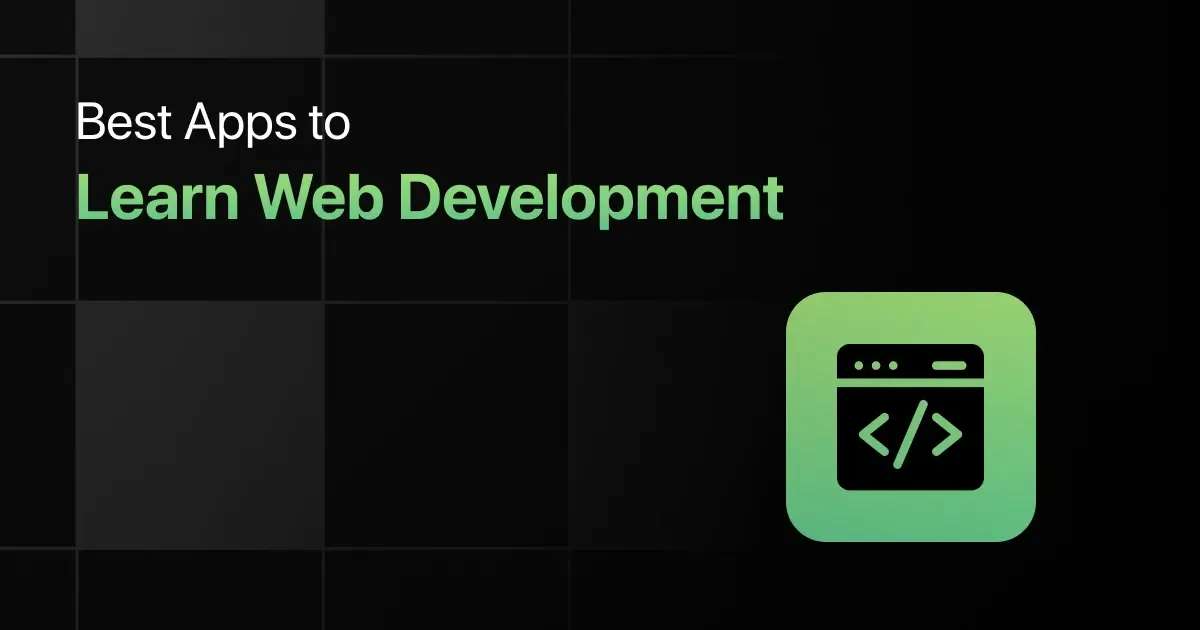

Best Apps to Learn Web Development
Ever thought about building your own website or launching a career in tech but don’t know where to start? With the …

